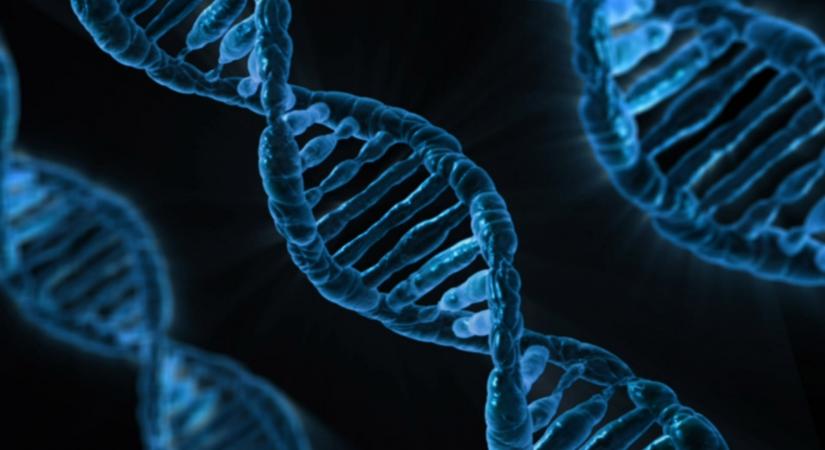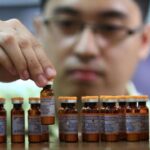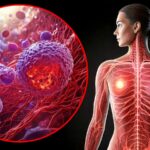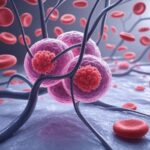Artificial intelligence (AI) could soon play a pivotal role in diagnosing and treating genetic disorders, according to a study.
The study, led by researchers at the Australian National University (ANU) in Australia, marks a significant step toward more precise, personalized medicine by harnessing the power of new data tools, Xinhua News Agency reported.
Published in Nature Communications, the study combines AI-powered protein models with genome sequencing to gain a deeper understanding of how mutations impact human health.
It uncovered why some proteins are more vulnerable to harmful mutations than others, using Google DeepMind AlphaFold’s cutting-edge AI to analyze the effects of every possible mutation across the full range of human proteins.
“Our study reveals that evolution has built resilience into the most essential proteins, shielding them from harmful mutations that disrupt protein stability. Less critical proteins seem not to have evolved this inherent ability to absorb damage,” said research lead Dan Andrews, Associate Professor at ANU.
Researchers from ANU’s John Curtin School of Medical Research and School of Computing help explain why seemingly less vital genes often play a larger role in genetic conditions.
Andrews said that genetic mutations are like the rain that all genes must endure — they are constant and unavoidable.
While some genes are very essential and are rarely observed, others “are a little less critical but are still important enough that human diseases occur when they contain mutations.”
The research helps prioritise treatments by identifying specific genetic pathways affected by mutations.
“It’s important to identify which genetic system is dysfunctional in a given person, which helps us potentially choose the most effective treatment,” Andrews said.
He noted that the study also applies to complex diseases with multiple mutations, as it involves scoring genetic variation for its functional effects, crucial for identifying potentially damaged genes.
Furthermore, the study also demonstrates potential for clinical translation and the development of AI tools to enhance patient outcomes.
“Our future goals include developing automated systems to flag effective treatment for individuals, based on their genetic and pathology data,” Andrews said.
–IANS





